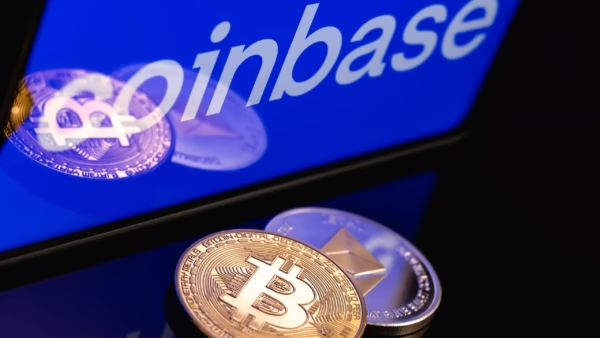The surge in Donald Trump’s wealth post-presidency has raised eyebrows across the financial landscape, particularly due to his notable pivot towards cryptocurrency. Once labeled by him as a “scam,” the crypto market now serves as a cornerstone for his financial empire. This transformation has significant implications, not only for Trump but also for the broader cryptocurrency community.
Trump’s Financial Evolution: The Role of Cryptocurrency
Following his re-election campaign, Trump’s financial portfolio has expanded considerably, with his ventures into cryptocurrency yielding over $1 billion in profit. An investigation by a leading financial publication reveals that this newfound wealth largely stems from a series of cryptocurrency projects that encompass various digital assets including memecoins, stablecoins, and non-fungible tokens (NFTs).
At the heart of Trump’s crypto operations are two key companies: the Trump Media & Technology Group, where he maintains a majority stake, and World Liberty Financial, overseen by his sons. These entities are the backbone of his expanding crypto activities.
Community and Economic Impact
The emergence of World Liberty Financial’s cryptocurrency, launched on September 1st, represents a novel blend of banking and blockchain technology, operating without intermediaries. Initially priced at $0.33 and boasting a market capitalization of $8.3 billion, the coin currently stands at $0.125, translating to a valuation of $3.4 billion. Despite its decline, it ranks among the top 50 crypto projects globally.
Trump’s memecoin has also proven lucrative, achieving a staggering market capitalization of $14.5 billion shortly after its launch. Additionally, his wife Melania introduced her own memecoin, contributing to an overall revenue of approximately $427 million from sales and transaction fees associated with these tokens.
Cryptocurrency: A Controversial Funding Source
The influx of foreign investments, particularly from the United Arab Emirates and China, into Trump’s crypto initiatives raises concerns regarding potential conflicts of interest. Some critics argue that these investments may be covert political donations. For instance, a significant investment of $75 million from Chinese billionaire Justin Sun in World Liberty Financial was notably timed just months before the U.S. Securities and Exchange Commission paused an investigation into allegations of fraud against Sun.
Regulatory Environment and Personal Gains
Interestingly, policies implemented during Trump’s administration appear to have fostered a supportive environment for cryptocurrency, benefiting his own financial interests. The SEC has ceased several investigations into prominent crypto companies, and Trump has signed pro-crypto legislation, including one facilitating cryptocurrency investments through retirement funds. Furthermore, he has initiated plans for a national Bitcoin reserve composed of seized coins, which has bolstered the crypto sector.
This regulatory support has catalyzed a dramatic rise in market values, with Bitcoin reaching an all-time high of over $126,000. However, ongoing trade policies have introduced volatility, causing Bitcoin’s value to dip below $104,000.
Next Generation of Wealth
The crypto boom has not only enriched Trump but also his family, with estimates suggesting that his son Barron Trump has amassed over $80 million from cryptocurrency investments. Meanwhile, Eric Trump’s estimated wealth of $750 million is also, in part, attributed to his active involvement in the crypto arena.
This notable transformation in Donald Trump’s financial strategy highlights the changing dynamics of wealth accumulation in the digital age. As cryptocurrencies continue to gain traction, the implications for politics, business, and the economy remain significant, warranting close attention from investors and policymakers alike.



